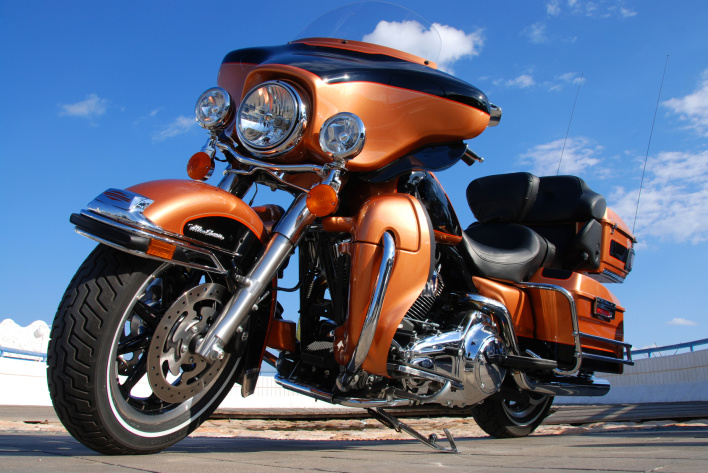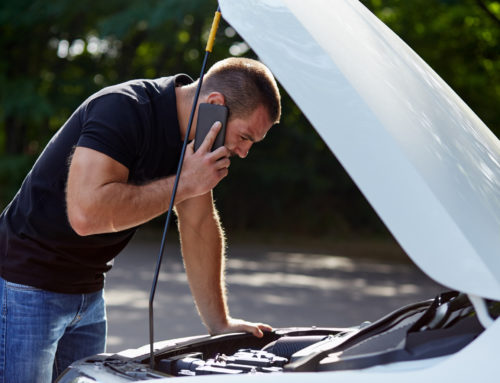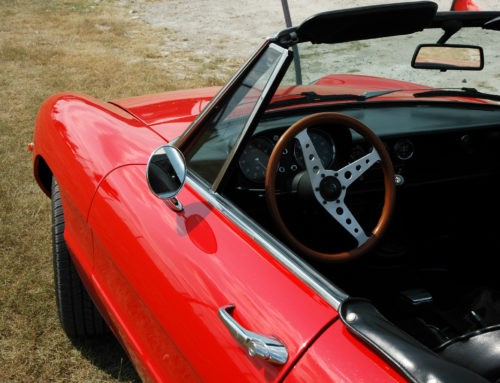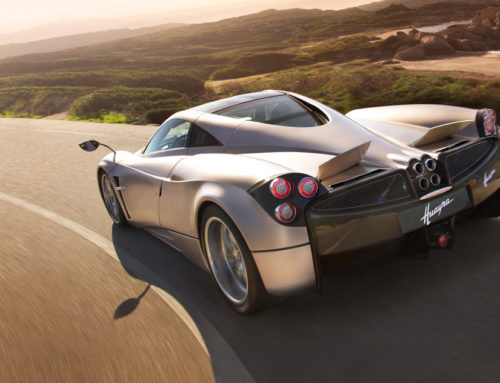Open country, fast moving road, rushing wind to the face—no machine embodies unrestricted freedom like the motorcycle. These are cliches that enthusiasts have enshrined to create a sort of religion out of the motorcycle culture. For the majority of the motorcycle’s existence, it has primarily remained an icon of this fanatical religion, but in the past few decades, the popularity of motorcycles has begun to extend out to a much wider range of consumers. Now that it’s no longer exclusively a hobbyist vehicle reserved for those savvy enough to modify it, many consumers have been demanding new features. These are features that have been more common on other more traditional consumer vehicles, and this push has spawned some interesting technological innovations.
Up until recent decades, motorcycle culture was about personalization and modification. From the early days of European cafe bikes, all the way into the American chopper culture of the ‘50s, ‘60s and ‘70s. Cyclists weren’t just riders; most of them were specialized mechanics as well. Today, many of the designs which were popularized by these bygone biker cultures have persisted and continue to intrigue nostalgic riders today.
Modern bike companies have tried to capture these classic bike designs while implementing the new technology and features that consumers expect from vehicles. Even brands like Harley Davidson, which used to appeal to a more rugged crowd of riders, have begun making features like electric starters standard features on most of their bikes. While electronic components can make some aspects of riding more simplistic, they generally present more problems for at home mechanics. This is primarily because electronic malfunctions are usually harder to diagnose and fix than mechanical ones.
Modern riders have also started a safety trend in motorcycles that just wasn’t considered to be practical in the past. This trend is especially apparent in the last 10 years. In approximately 2006, the first motorcycle airbag systems were released for the Honda Goldwing series. To date, they are still the only bikes to actually come with the built-in technology, but several manufactures have been developing similar systems for their accessories. The earliest versions of these systems required riders to be attached to their vehicles by cables, but triggers have recently evolved to take advantage of wireless technology. Helmets, jackets, and vests now use computers to constantly calculate the potential that a rider may be experiencing an accident. These systems can deploy airbags built into clothing in fractions of a second.
In 2010, the first motorcycle exclusive anti lock brake system (ABS) was introduced by Bosch. Since then, the EU has made ABS brakes a legal requirement on all bikes over 125ccs. There is some additional speculation that the US may follow suit with similar requirements in 2016.
Another cool feature that is becoming a standard on motorcycles is intelligent lights. In 2011, BMW introduced new lights that change focus angels depending on the rider’s lean angle during turns. Currently, there is a startup called Vectolabs which is working on a brake system for motorcycles that adjusts tail lights every time the bike decelerates, not just when the brakes are applied. This feature is designed to compensate for a motorcycle’s ability to rapidly decelerate even without engaging the braking system.
Motorcycles are the ultimate vehicle of freedom. However, with each passing year, they become more and more difficult to work on straight out of the home garage because of evolving technology. If you have any questions about motorcycles, or any other vehicle, don’t hesitate to contact your local Master Muffler. Our experienced professionals are equipped to take care of anything on wheels. We love to help you take care of your vehicles because we are passionate about what we do.

